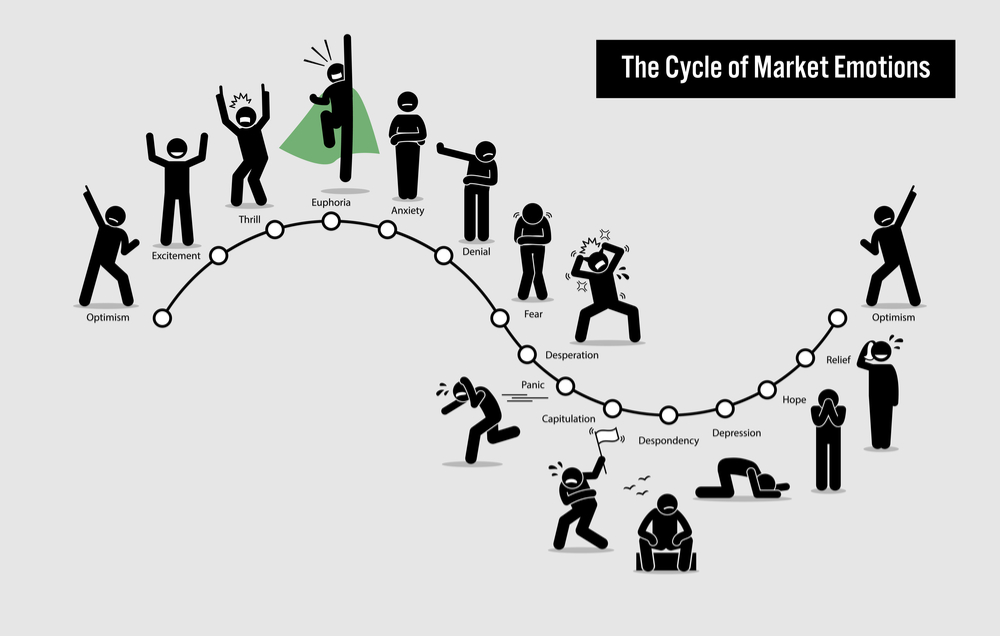Sentiment trading is a trading methodology whose central driving force is steered by market sentiment. The primary ideology behind sentiment trading would be that the markets dictate price while sentiment analysis can be employed to gauge how traders feel about a particular stock, market, or underlying asset.
Oftentimes investors have come across the term sentiment trading with investment brokers, some of which reflect market sentiment on its platform, or through financial and trading related media outlets or investment guides.
Financial advisors have been known to levy market consensus reflected through sentiment trading analysis while the application of sentiment trading for online investing is generally conducted through one of four different approaches.

Considering that sentiment trading is based upon market sentiment, a consensus regarding how traders feel about the present and forecasted price of an index, security, or underlying asset, traders generally utilize the data shared through market sentiment to predict or further solidify their projections regarding a particular investment.
Should a bullish sentiment be present, then traders can deduce that price is predicted to increase in value as a result of a positive attitude being displayed through market sentiment.
On the other hand, bearish sentiment is the opposite, where there is a negative attitude regarding price where the projected value of the price is predicted to decline in value.
A neutral sentiment may also be present, where market sentiment reflects a near 50/50 division of trader’s attitude towards the present and forecasted price. Generally, neutral sentiments are avoided with trading because they fail to accurately reflect sentimental data on price.
A contrarian sentiment trading strategy is a strategy in which traders invest against the market sentiment of price. Contrarian investors believe that because there is an excess in either bullish or bearish sentiment that price may be subject to overpricing or being oversold, as a result, they place trades in the opposite direction in the attempt to capitalize on potential market corrections.
Considerable factors that play a role in determining market sentiment include world events, historical price patterns, macroeconomic statements, and fundamental and technical analysis.
















